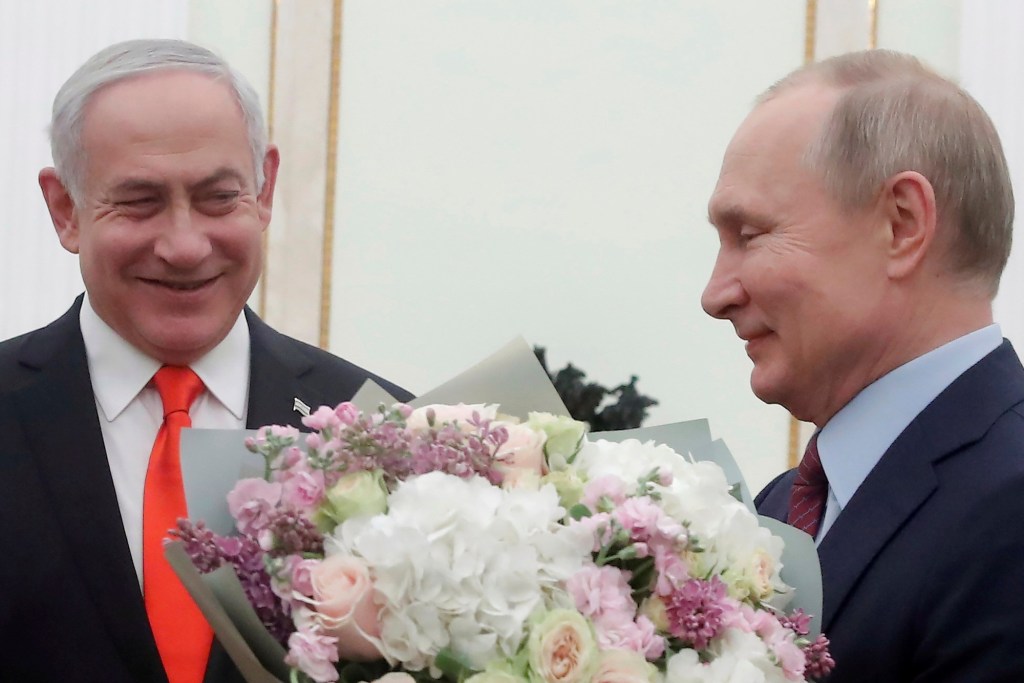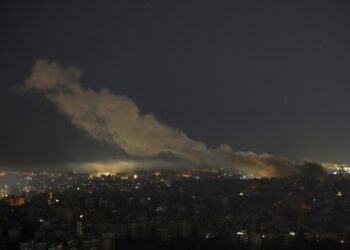The Israel-Hamas war has forced Russia into a delicate balancing act, with Moscow urging a quick end to the fighting without apportioning blame.
The careful stand is due to Russia’s long ties to Israel, the Palestinians and other regional players, and it reflects the Kremlin’s hope to expand its clout in the Middle East by playing peacemaker.
Russia also tried to cast the hostilities as a failure of U.S. policy, and it hopes they will be a distraction for Washington and its allies from keeping up military support for Ukraine.
A look at the Kremlin’s messaging about the war and its relations with those in the region:
President Vladimir Putin said the war was rooted in the inability to create a sovereign Palestinian state in line with U.N. resolutions that he called a “gross injustice.” He noted that Israel’s settlement policies have exacerbated the situation.
Putin called it a reflection of what he called a glaring failure of the Washington’s peacemaking efforts, charging the U.S. has focused on offering economic “handouts” to Palestinians while paying little attention to their fundamental issues related to statehood.
He urged the Israeli government and Hamas not to target civilians and emphasized that every effort must be made to quickly end the war, saying an escalation would raise grave risks.
The carefully calibrated statements by Putin and his lieutenants reflect an effort by Moscow to maintain good ties with both Israel and the Palestinians. Kremlin spokesman Dmitry Peskov emphasized that Moscow must maintain a “balanced approach” and talk to both parties, noting that it should allow Russia to help broker a settlement.
While jockeying as a potential peacemaker, Moscow also hopes the fighting will distract Washington and its allies from the war in Ukraine and eventually erode Western support for Kyiv.
Peskov even taunted Ukrainian President Volodymyr Zelenskyy, saying he must feel jealous about how the U.S. is now forced to…
Read the full article here







